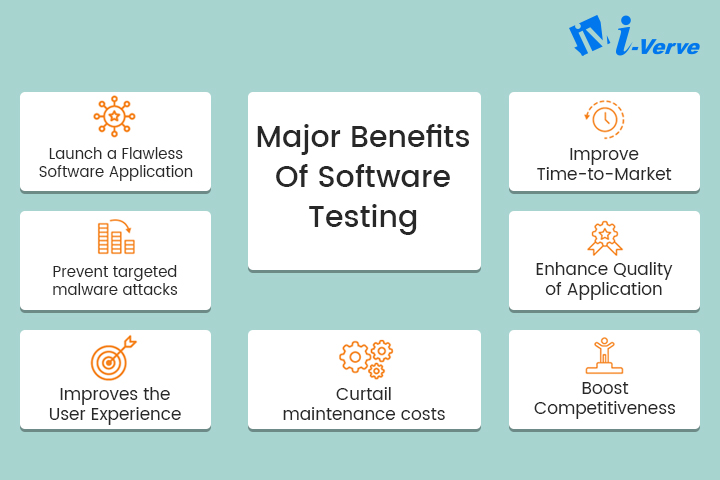Artificial Intelligence and Machine Learning- Based Application Testing Services
Prepare for an intelligent future and enhance your QA efficiencies by our AI platform testing, ML based validation and RPA services
Improve QA Efficiencies Using Artificial Intelligence (AI) and Machine Learning
The latest AI and ML technologies in the digital era require a new approach to software testing while handling complex systems and functionalities. Testing AI platforms enables companies to ensure adequate security measures for their complex applications. At ImpactQA, we help companies overcome such complexities in testing AI, machine learning and natural language processing implementations. Additionally, we have built-in capabilities of using AI to enhance the efficiency of your software testing in all stages of the QA lifecycle. We offer software testing services to improve the overall experience while reducing risks and achieving high customer satisfaction.

Rapid
Deployments
Quickly identify pitfalls, including minor errors with automated test evaluations and testing tools

Predict
Failures
Execute test cases based on high-risk segments and check accuracy to assist better decision making

Eliminate Test Cases Redundancy
Save up to one third of your time by identifying and eliminating test case redundancies by efficiently utilizing AI and ML techniques and improving productivity

Perform Impact
Analysis
Graphical dashboards for component interactions without the need for programming techniques effective in defect management
he Role of AI and ML Testing

Al and Ml testing framework can efficiently recognize pitfalls and with constant updates to the algorithms, it feasible to discover even the negligible error. Artificial Intelligence (AI) and Machine Learning (ML) tech are well-trained to process data, identify schemes and patterns, from and evaluate tests without human support. This is made possible with deep learning and artificial neural networks when a machine self-educates based on the given data sets or data extracted from and external source such as the web.
Major Approaches for AI and ML Implementation in Software Testing

Latest Artificial Intelligence and Machine Learning Technologies We Use at ImpactQA

AI & ML Services Offered By ImpactQA
AI-Based Sentiment Analytics
Get insights from extracts of comments on customer’s social media accounts which help to enhance the customer experience by effective sentiment analysi

AI-Based Predictive
Analysis
Real-time dashboard and AI-based predictive analytics performance engineering approach based on ML Analytics and Performance Predictions

Self-Healing Test
Scripts
Smart Automation and self-healing test scripts with automated change detectors in your applicatio

Separate Cognitive
Features testing
This includes natural language processing, speech recognition, inputs optical character recognition and image recognition

AI-Powered Solutions Testing
Testing services powered by Artificial intelligence and machine learning by using Chatbot Testing Framework and RPA Tests Framework.

AI Platforms Testing
Testing AI-enabled platforms by data source and conditioning tests, system or regression tests, algorithm tests and API integration tools

ML Models Testing
Ensure holistic performance of your machine learning models by dual coding or algorithm ensemble, model performance testing, coverage guided fuzzing and metamorphic testing

Analytical Models
Testing
Dataset split and generation, model evaluation and test reporting
Intelligent AI/ML Testing Techniques

Black Box and White Box testing
Like any other traditional testing methodologand white box test methodology is used in AI and ML based platform testing to help understand complex information systems, minimize risks, and get actionable intelligence insights.
NFR (Non-Functional Requirements) Testing
Check for representative sample view of things, deployment approach, product performance, usability, reliability, etc. for effective ML based model testing.
Model Back Testing
Historical data predictive model testing to check the functionality and accuracy of the system with quantitative metrics which measure the performance of a model’s forecast, the accuracy of its estimates, or its ability to rank-order risk.



